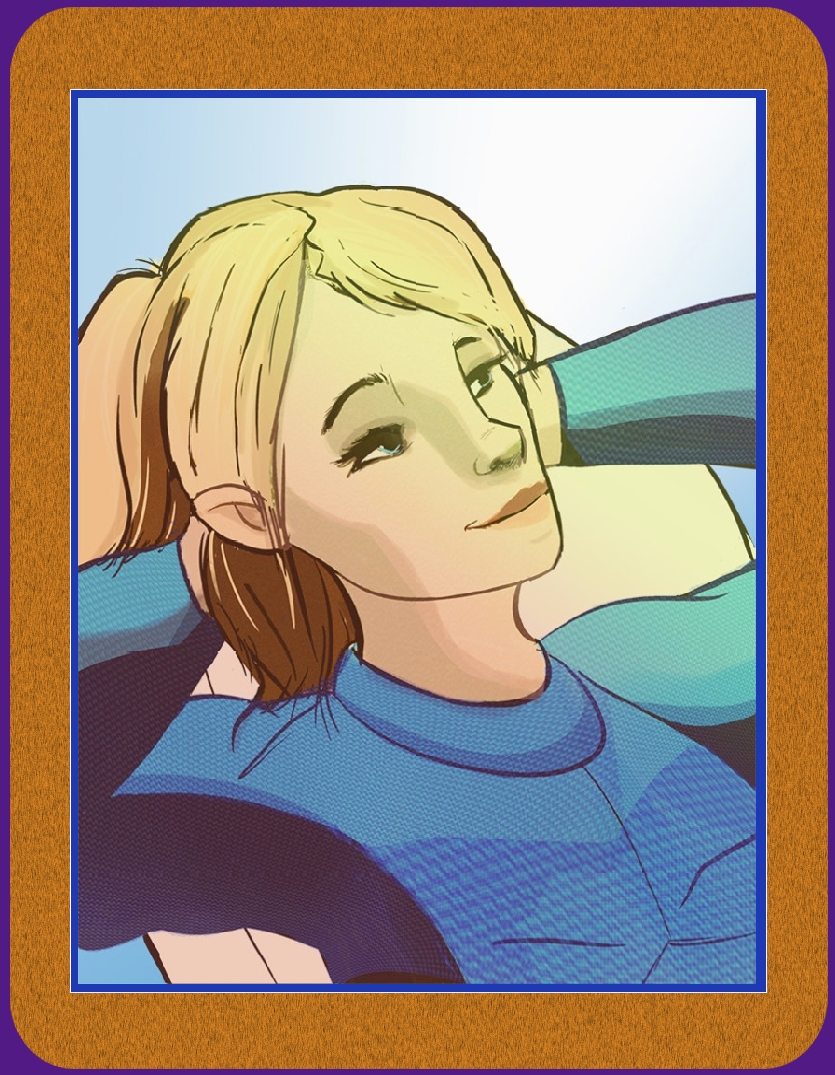
(Coercion requires some responsibility over its use so Kiri explains the rights and wrongs of when and when not to coerce. Taking someone with alcohol as a problem as an example, she goes over the proper reasoning to use the skill.)
Kiri: okay, I have my whip and my tall hat and my cuffs so without further ado.......oh I'm also am a coercer.
Laura: pardon?
Kiri: a coercer.
Laura: okay.
Kiri: which means that I can control other people by my mind.
Laura: that could be useful.
Kiri: oh it's very useful but we have very strict moral rules which let's go into just for the fun of it. Okay the rule one of coercion, never for personal gain. Rule two, always remember rule one. Rule three, remember rule one and two. Okay seriously, rule three is always weigh the odds first. That's important because if you make a decision and it's a wrong decision, you obviously haven't weighed the odds properly and part of the purpose of coercion is to be able to get people to do what you think is correct or what you know to be correct. Distinguishing what is right and correct from what is wrong and incorrect is very important so a coercer has to have the ability to be able to figure out what is right for somebody else because what maybe right for me, may not be right for you. So being able to put myself in quote unquote your shoes is very important. For example, let us take a situation, a hypothetical situation. Let's say that you like to imbibe in alcohol right? And it's doing you harm. Okay if I coerce you out of it and coerce you to stop drinking alcohol, it may make you turn to something else which may be much harsher and harder. So in actual fact the thing to do would be to coerce you to make you realize that the alcohol is bad and therefore to let you make your own choice whether or not to quit knowing that it is now wrong and doing you harm and that you really should give it up whereas prior to that, you didn't have the, I wouldn't say the belief that it was doing you harm but the desire or all the information. The, "it can't happen to me" kind of behavioral pattern. Or, "It won't happen to me, I'll quit before it happens to me". So by giving you that nudge, gives you the opportunity to look at things and say, "okay, so I'm drinking too much, maybe I should quit." As opposed to going out and coercing you never to drink again without any explanation, you've got to do the footwork yourself so that you do part of the learning pattern.
Laura: that makes sense.
Kiri: uh-huh.
